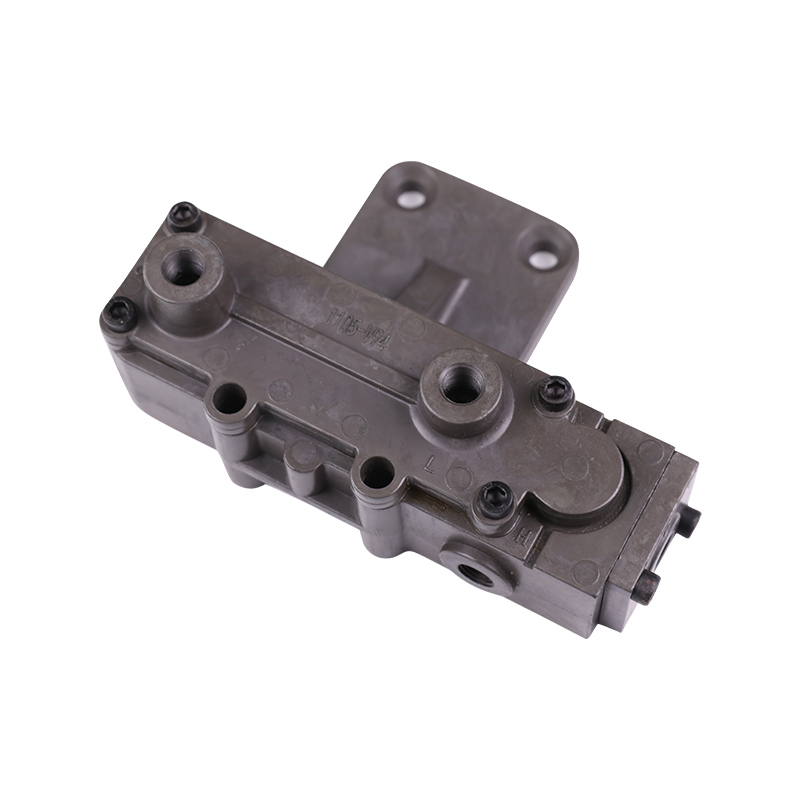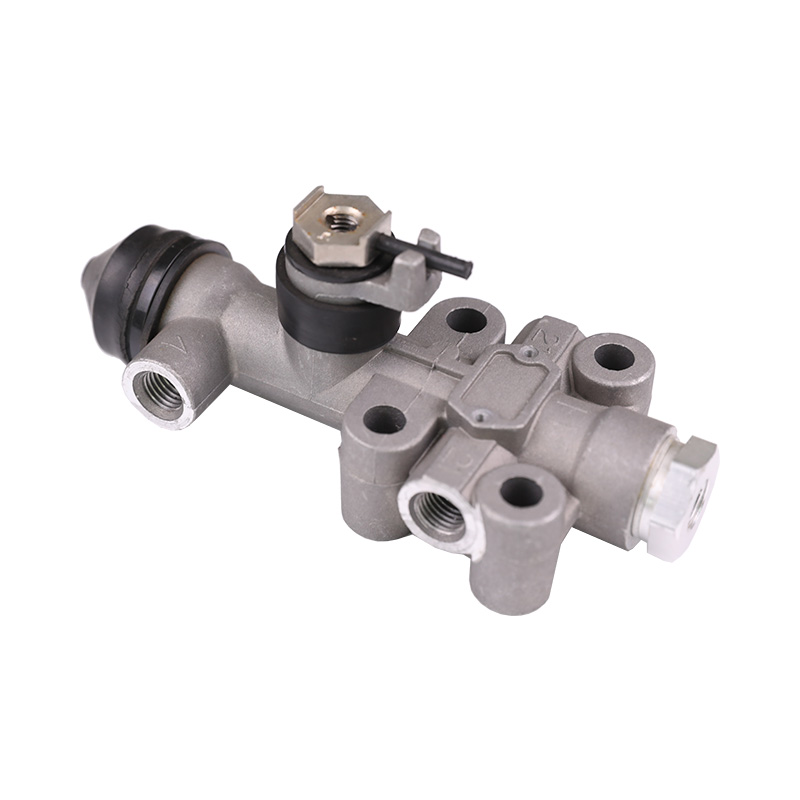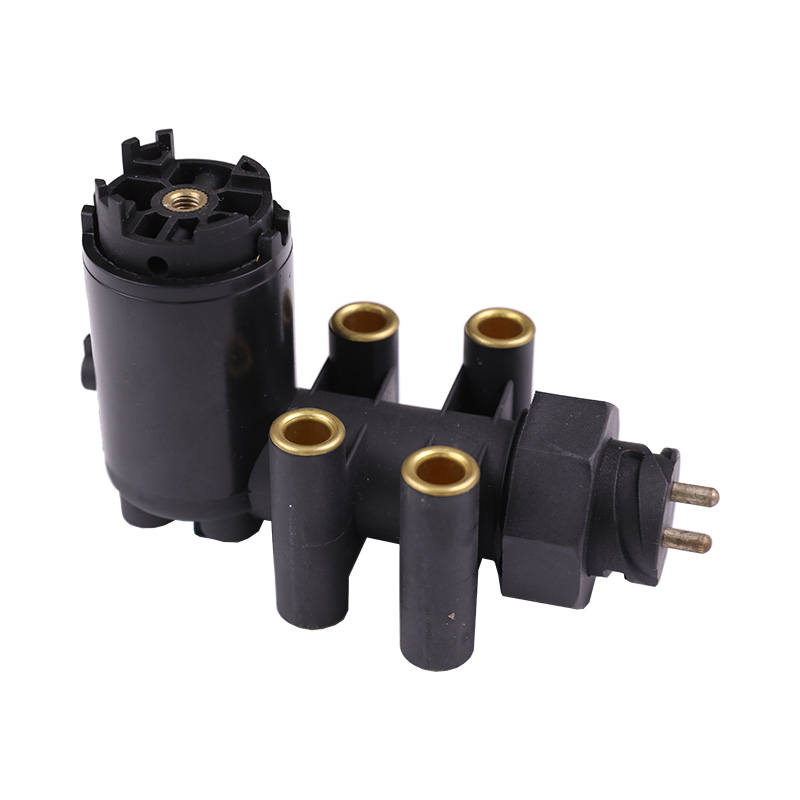In the automobile braking system, the brake chamber is a vital component. The stability and reliability of its performance directly affect the braking effect and driving safety of the vehicle. The environmental factor of humidity has a significant impact on the performance of the brake chamber, which is specifically manifested in many aspects.
First, humidity is one of the main causes of metal corrosion. In a humid environment, the metal parts of the brake chamber, including the brake drum, brake disc and piston rod, are prone to chemical reactions with moisture and oxygen in the air, resulting in corrosion. Corrosion not only reduces the strength and durability of metal parts, but may also cause serious problems such as cracks and fractures. In addition, the rust and oxides produced by corrosion may also cause the vents and exhaust holes in the brake chamber to be blocked, thereby affecting the circulation of gas and the braking effect.
Secondly, humidity also has an important impact on the sealing performance of the brake chamber. The seals and gaskets in the brake chamber are usually made of thermoplastic materials such as rubber or plastic, which are easy to absorb water and swell in a humid environment, resulting in a decrease in sealing performance. This situation may not only cause gas leakage, but also prolong the braking reaction time, thereby affecting the overall braking effect. At the same time, humidity may also cause the surface of seals and pads to become smooth, increase friction resistance, and thus reduce the sensitivity and reliability of the brake system.
Furthermore, humidity also has an impact on the friction material of the brake chamber. In a humid environment, a water film is easily formed on the surface of the friction material, which will significantly reduce the friction coefficient between the friction material and the brake shoe or brake caliper, resulting in a weakened braking effect. The presence of a water film may also make the surface of the friction material smooth, increase wear and generate excessive heat, further weakening the braking performance.
In addition, humidity will also affect the properties and state of the gas inside the brake chamber. In a humid environment, the gas in the brake chamber may contain more moisture and impurities. These moisture and impurities will not only reduce the compressibility and pressure transmission performance of the gas, but may also cause gas leakage and brake failure. At the same time, the presence of moisture may also cause the brake fluid to deteriorate, form bubbles and sediments, and affect the stability and reliability of the brake system.
Finally, humidity places higher requirements on the maintenance and care of the brake chamber. In a humid environment, the metal parts and seals of the brake chamber are more susceptible to corrosion and wear, so more frequent inspections and replacements are required. At the same time, since humidity may cause brake fluid deterioration and gas leakage, maintenance personnel need to pay more attention to the replacement of brake fluid and the exhaust operation of the brake system to ensure the normal operation and safety of the system.






